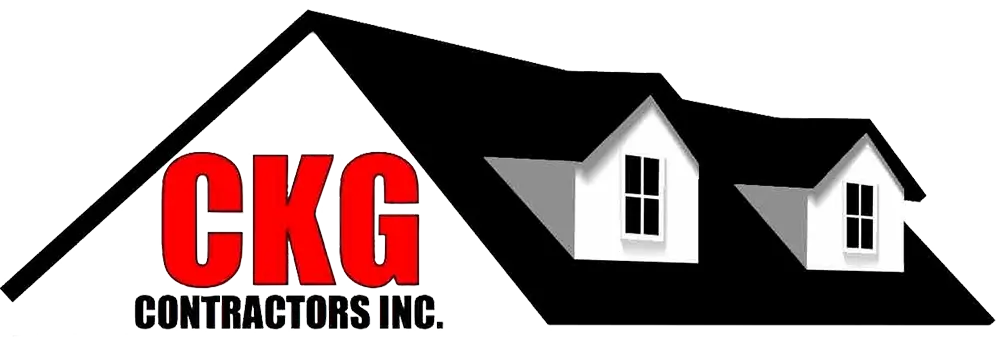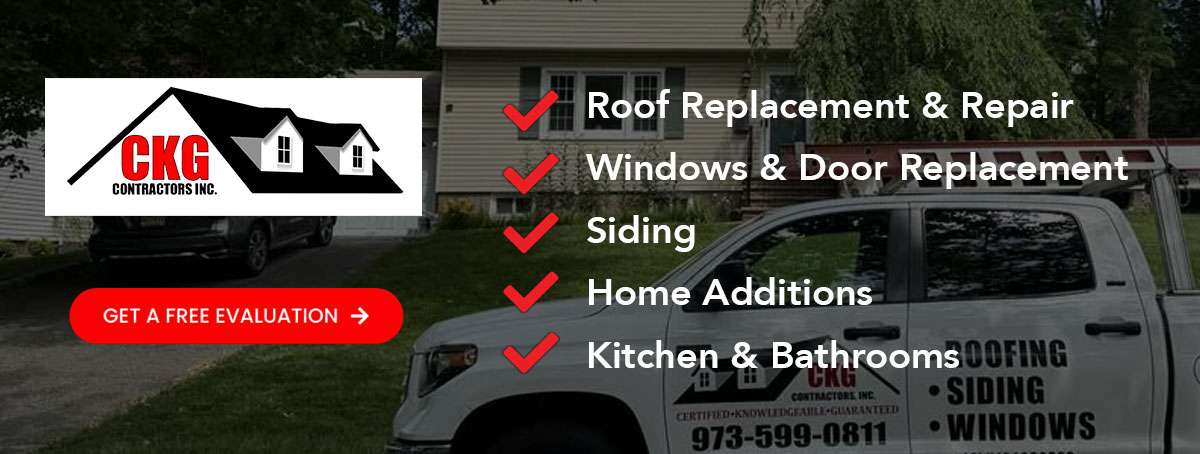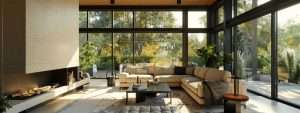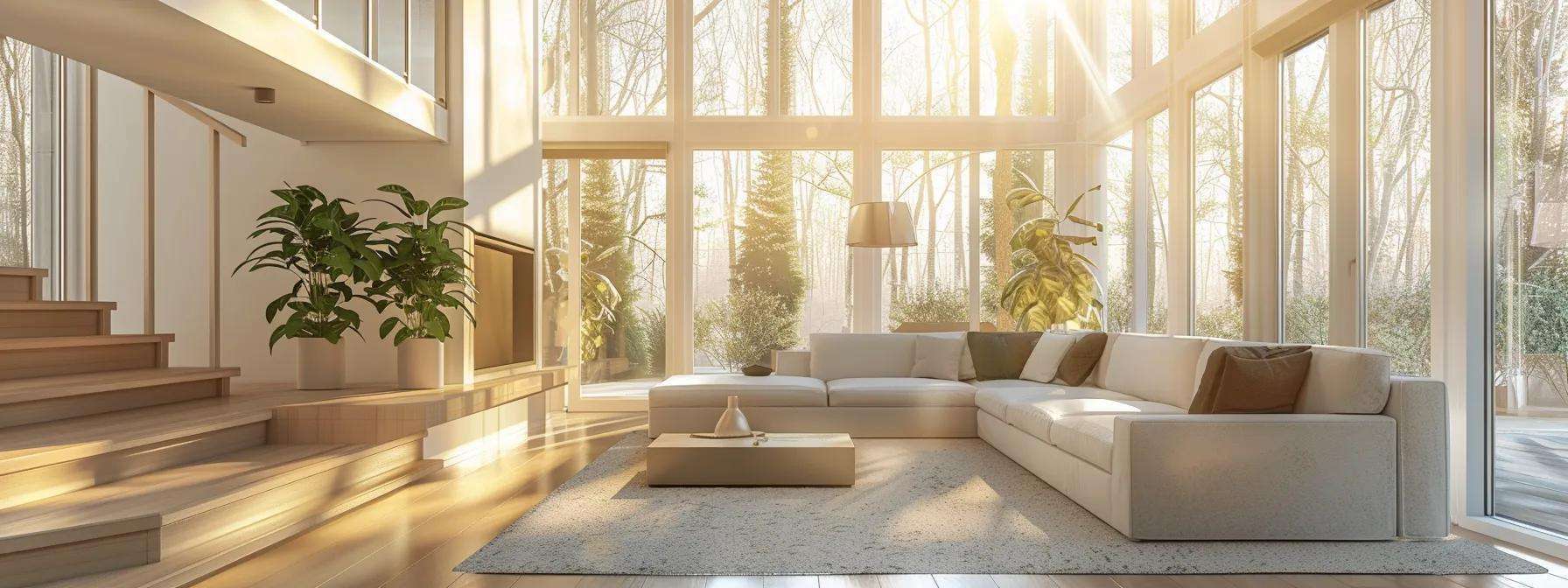
Table Of Contents:
- How Does Window Replacement Increase Home Resale Value in New Jersey?
- Which Window Types Offer the Best Resale Value for New Jersey Homes?
- How Do Energy-Efficient Windows Save Money and Increase Home Value?
- What Is the Window Replacement Process in New Jersey?
- What Financing Options Are Available for Window Replacement in New Jersey?
- How Do New Jersey Building Codes Impact Window Replacement and Home Value?
- What Are the Latest Market Trends in New Jersey for Window Replacement and Home Value?
- Detailed Lists
- Tables
- Frequently Asked Questions
In today’s competitive real estate market, every detail matters when increasing a home’s value and appeal. For New Jersey homeowners, window replacement stands out as an investment that yields significant returns. Upgrading windows improves energy efficiency and enhances the home’s aesthetic, boosting curb appeal and marketability. At CKG Contractors, Inc., we have seen first‐hand how thoughtful window replacement transforms both the functionality and appearance of properties. This article discusses how new windows can increase home resale value, details the benefits of energy-efficient technology, explains the replacement process within New Jersey’s building code framework, and reviews available financing options. We also share customer testimonials and case studies that demonstrate real-world results. By comparing different window types, their materials, and installation strategies, you will gain a comprehensive understanding of the strategic and practical benefits of investing in quality window replacement in New Jersey.
Let’s dive into how your investment in windows can substantially increase property value and appeal, giving you a competitive edge in New Jersey’s housing market.
How Does Window Replacement Increase Home Resale Value in New Jersey?
Window replacement enhances home resale value by improving energy efficiency and curb appeal while providing structural and visual upgrades. New windows offer better insulation that reduces energy costs—a critical selling point in today’s eco-conscious market. Modern window designs complement New Jersey’s varied architecture, making homes more attractive to buyers who value modern amenities and sustainable features.
What Is Home Resale Value and Why Does It Matter?
Home resale value is the anticipated market price for a home after improvements and market fluctuations. A higher resale value ensures a greater long-term return on investment and reflects the quality of building materials and craftsmanship.
In New Jersey’s competitive market, buyers actively seek energy-efficient, modern features. New windows provide tangible evidence of a well-maintained, updated home. Factors such as location, structural condition, energy efficiency, and overall appearance influence resale value. Features like low-E coatings and double-pane constructions not only lower energy bills but also contribute to environmental conservation. Updated windows signal adherence to current building trends and give buyers confidence in the property’s durability, positively influencing its market price.
How Do New Windows Improve Curb Appeal and Marketability?
New windows dramatically improve curb appeal by refreshing a home’s exterior and allowing more natural light inside. This creates inviting, energy-efficient spaces that photograph well and attract buyers during open houses. A modern window design can highlight architectural elements, giving the property a refined appearance that invites higher market offers.
The installation of new windows shows potential buyers that the homeowner has invested in improvements. In New Jersey, where historical and modern styles coexist, stylish windows can elevate overall design. Enhanced curb appeal helps properties sell faster in a competitive market. Additionally, improved noise reduction and weather sealing make homes more attractive to buyers looking for energy efficiency and minimal repair needs.
What Is the Typical ROI of Window Replacement in New Jersey?
Industry data indicates that homeowners in New Jersey can recoup approximately 60% to 80% of their investment on window upgrades when they sell. Several factors influence ROI, including window quality, energy efficiency ratings, and overall home condition.
Properties with updated windows generally show improvements in both sale price and market speed. Homeowners investing in energy-star certified windows often experience noticeable reductions in heating and cooling bills, an attractive benefit for buyers. The latest window models meet strict New Jersey building codes and are designed for durability, longevity, and low maintenance. These advantages collectively result in a higher overall property value compared with homes featuring outdated windows. Testimonials from satisfied customers further confirm that enhanced appearance and performance significantly contribute to attracting quality offers.
How Do Customer Testimonials and Case Studies Demonstrate Value?
Customer testimonials and case studies provide real-life proof of window replacement benefits. Homeowners report improved energy savings, increased buyer interest, and higher final sale prices. Before-and-after case studies highlight measurable improvements in energy efficiency, reduced utility bills, and enhanced curb appeal.
For example, one New Jersey homeowner noted a 70% increase in buyer inquiries after installing new windows, along with documented energy cost reductions. Other testimonials emphasize the smooth installation process by certified professionals and the lasting appeal of modern windows. These real-life scenarios help build trust and give prospective buyers and sellers transparent, verified outcomes that justify the investment.
Which Window Types Offer the Best Resale Value for New Jersey Homes?
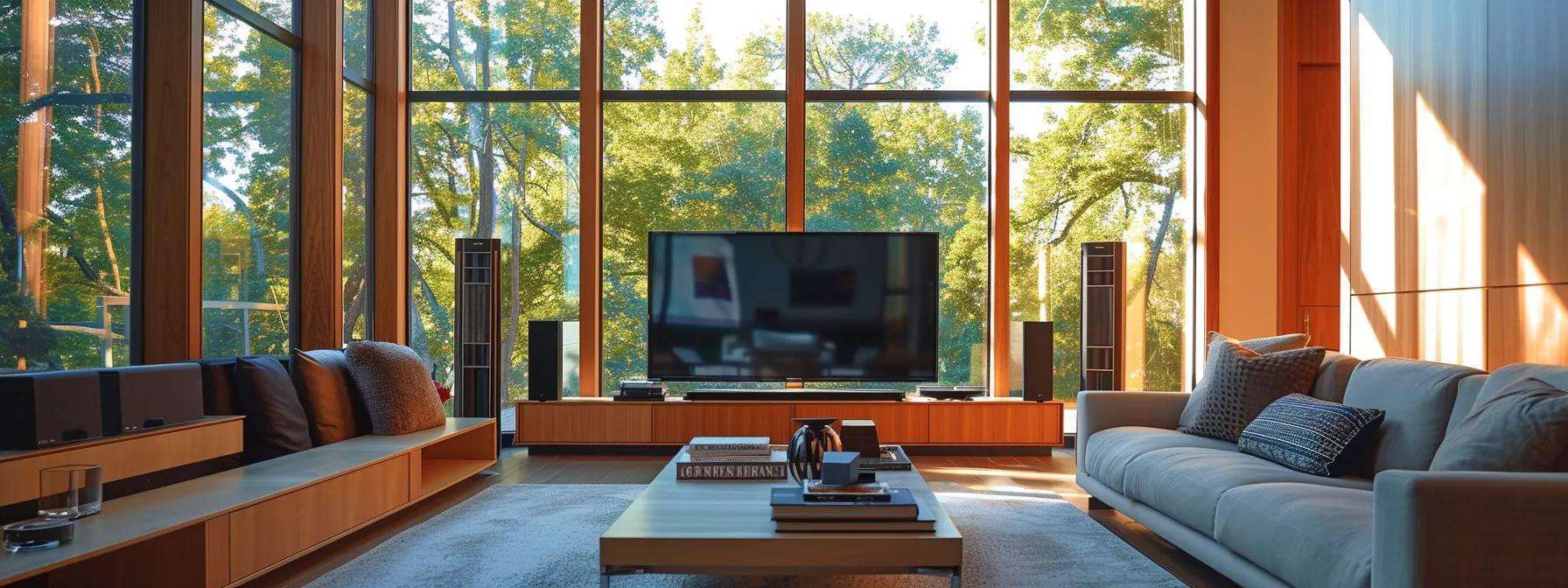
Choosing the right window type is key to maximizing home resale value. The best windows enhance both the property’s appearance and functionality by offering durability, energy efficiency, and low maintenance. In New Jersey’s sometimes harsh climate, the choice of window material significantly impacts long-term performance and buyer appeal.
How Do Vinyl, Wood, and Fiberglass Windows Compare in Value?
Vinyl, wood, and fiberglass windows each come with distinct benefits:
• Vinyl windows are favored for their affordability, low maintenance, and energy efficiency. They are moisture-resistant and durable, which is advantageous in regions with seasonal variations. • Wood windows offer classic charm and can be custom-painted, providing timeless appeal for luxury homes, though they require more upkeep. • Fiberglass windows combine durability and energy efficiency; resistant to temperature fluctuations, they deliver stable performance over the long term.
Comparative case studies in New Jersey show that vinyl windows yield a quicker ROI due to lower installation and maintenance costs, while wood windows can command higher appreciation in upscale properties. Although fiberglass windows may have a higher initial cost, their long-term reliability appeals to buyers seeking durability. Choosing the appropriate material is a strategic decision that enhances both interior and exterior appeal, thereby increasing overall property value.
What Window Styles Are Most Popular in New Jersey Real Estate?
The most popular window styles in New Jersey include double-hung, casement, slider, and bay windows:
• Double-hung windows are versatile, easy to clean, and offer a classic look. • Casement windows provide excellent ventilation and a sleek design preferred by modern homeowners. • Slider windows are appreciated for their affordability and minimalist design. • Bay and bow windows add depth and character while increasing natural light and space.
Homebuyers tend to prefer windows that complement both historical and modern architectural styles. Traditional colonial homes benefit from timeless double-hung windows, while contemporary properties may favor casement or slider windows that match streamlined designs. Bay windows, in particular, boost curb appeal and create inviting interior spaces.
How Does Window Material Affect Durability and Buyer Appeal?
The material of the window significantly affects its durability and appeal:
• High-quality vinyl is resistant to moisture and UV rays and maintains its appearance over time. • Wood windows offer a traditional look but require regular maintenance such as painting and sealing. • Fiberglass windows are celebrated for their strength and stability; they resist extreme temperatures and offer superior insulation.
Durable windows mean lower maintenance costs and sustained aesthetic appeal, which are strong selling points during home evaluations and appraisals. Energy-efficient, long-lasting windows not only reduce future expenses but also enhance the overall marketability of the property.
How Do Energy-Efficient Windows Save Money and Increase Home Value?
Energy-efficient windows reduce heating and cooling expenses while simultaneously increasing a home’s value. Designed to minimize heat loss in winter and reduce solar heat gain in summer, these windows incorporate advanced features such as low-E coatings and multiple panes. Homeowners benefit from lower energy bills and improved indoor comfort. Additionally, energy-efficient upgrades make homes more attractive to buyers who highly value sustainability and long-term savings.
What Are the Benefits of Energy Star-Certified Windows in NJ?
Energy Star-certified windows represent a benchmark in energy efficiency. They meet strict guidelines set by the U.S. Environmental Protection Agency and the Department of Energy, ensuring optimal insulation, reduced energy costs, enhanced indoor comfort, and improved sound insulation. In New Jersey’s diverse climate, these windows help keep homes cooler in summer and warmer in winter. Energy Star certification also reassures environmentally conscious buyers and plays a pivotal role in boosting resale value.
Investing in Energy Star-certified windows often results in long-term savings that offset the initial cost, as homeowners can see up to 30% reductions in energy bills depending on the configuration and local climate conditions.
How Do Low-E Glass and Double-Pane Windows Improve Energy Efficiency?
Low-E glass and double-pane windows are critical for energy efficiency:
• Low-E coatings reflect heat back into the home during winter and reduce solar heat gain in summer. • Double-pane windows provide an extra layer of insulation, reducing heat transfer through the glass. • The space between the panes, often filled with inert gases like argon, further improves insulation.
These technical advantages translate into significant financial savings on energy bills and contribute to a lower carbon footprint. Improved insulation not only boosts comfort but also increases a home’s resale value by demonstrating a commitment to modern, energy-efficient improvements.
Can Energy Savings Influence Home Appraisal and Buyer Interest?
Yes, energy savings impact both home appraisals and buyer interest. When a home is equipped with energy-efficient windows, it benefits from reduced operating costs and improved indoor comfort. Appraisers often assign a premium to properties with these upgrades. Buyers are drawn to homes that promise lower utility bills and enhanced quality of life, making energy-efficient windows a strong selling point in New Jersey’s competitive real estate market.
What Is the Window Replacement Process in New Jersey?
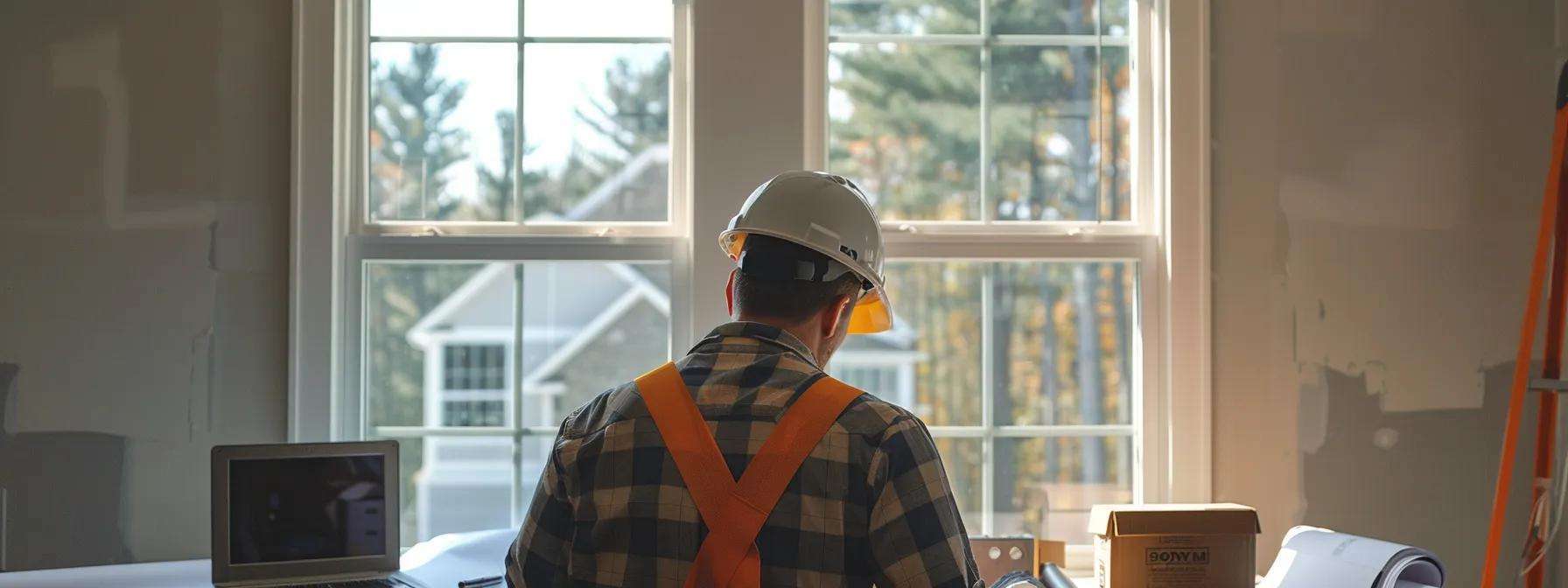
The window replacement process in New Jersey involves several key steps that ensure a smooth, compliant, and high-quality installation. Proper planning and execution are essential to achieve both aesthetic upgrades and enhanced energy efficiency. The process begins with an assessment of the existing windows, followed by choosing replacements that meet local building codes and specific homeowner needs. Professional evaluation and expert recommendations are critical at every stage.
What Are the Key Steps in Professional Window Installation?
Professional window installation follows a structured sequence to ensure optimal performance and compliance with local regulations:
- Initial Assessment and Measurement: Certified professionals inspect existing windows and take precise measurements to determine the best replacement solution.
- Window Selection: High-quality, energy-efficient models are chosen based on the home’s design, climate, and budget.
- Safe Removal: Old windows are carefully removed to protect surrounding structures.
- Precision Installation: New frames and windows are installed with proper alignment and sealing to prevent air leaks.
- Quality Check: A thorough inspection and sealant application ensure that the installation meets regulatory standards.
- Final Inspection and Walkthrough: The homeowner reviews the installation, and documentation is provided for warranties and future maintenance.
This detailed process ensures energy-efficient operation, structural integrity, and enhanced home value.
How Do New Jersey Building Codes Affect Window Replacement?
New Jersey building codes set strict standards for window installations to maximize energy efficiency and safety. These codes require precise measurements, adequate insulation, and the use of certified materials durable enough to withstand local weather. Compliance not only ensures performance and safety but also positively impacts home resale value by reflecting modern upgrades and reduced future repair risks. Adhering to these codes reassures buyers that the home has been maintained to high standards.
How Does Code Compliance Affect Home Appraisal and Resale?
Homes that comply with current New Jersey building codes are more attractive to appraisers and buyers alike. Code-compliant window replacements demonstrate adherence to modern safety and energy standards, leading to higher appraisal values and smoother sales. Buyers view these upgrades as indicators of a well-maintained property, increasing market confidence and overall resale value.
How to Choose a Certified Window Replacement Contractor in NJ?
Choosing the right contractor is vital. Homeowners should select firms with extensive experience, proper certifications, and a record of high-quality workmanship. Look for transparent estimates, detailed project plans, and robust warranties. Reviews, testimonials, and case studies can further confirm a contractor’s reliability. At CKG Contractors, we pride ourselves on our expertise in navigating New Jersey building codes and delivering modern, energy-efficient window solutions that maximize home value.
What Financing Options Are Available for Window Replacement in New Jersey?
Financing options are essential for homeowners looking to upgrade without depleting their savings. Options include home improvement loans, government incentives, and flexible payment plans. These methods help spread the cost of window replacement over time while enabling homeowners to enjoy energy-efficient benefits and increased resale value.
What Home Improvement Loans Can Help Fund New Windows?
Home improvement loans offer flexible financing for renovation projects, including window replacement. Offered by local banks, credit unions, or specialized lenders, these loans come with competitive interest rates and tailored repayment plans. Many New Jersey residents opt for secured home equity loans or lines of credit, which typically offer lower rates compared to unsecured loans. In some cases, government-backed programs also provide incentives that reduce the initial investment burden.
Are There Payment Plans or Incentives for Energy-Efficient Windows?
Yes, many contractors and suppliers offer payment plans and various incentives such as seasonal discounts, rebates from energy companies, or state-funded grants aimed at energy-efficient upgrades. These programs help lower the overall investment and make the upgrade more affordable, while also providing immediate benefits through reduced energy costs and improved home marketability.
How Do New Jersey Building Codes Impact Window Replacement and Home Value?
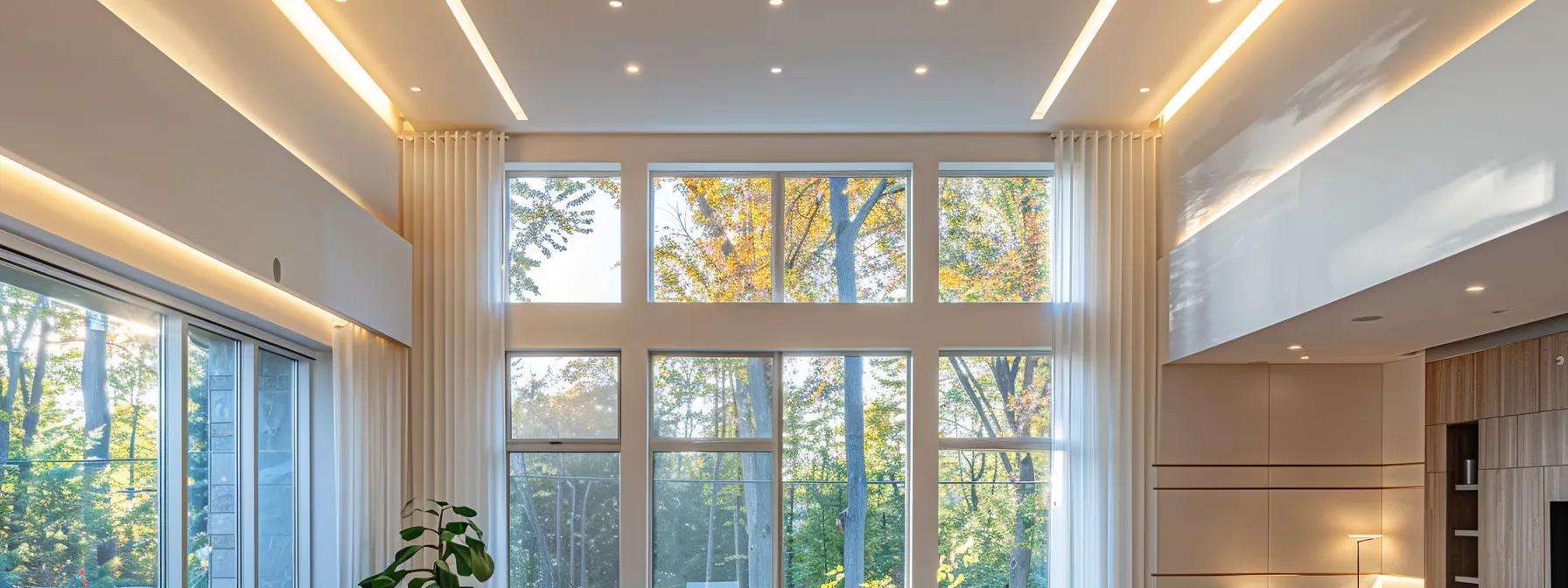
New Jersey building codes directly influence the window replacement process and overall home resale value. By ensuring that window installations meet strict standards for durability, energy efficiency, and safety, these codes help enhance a property’s marketability and long-term value.
What Are the NJ Code Requirements for Window Installation?
NJ building codes require that windows be installed to meet specific criteria such as thermal performance, minimal air leakage, and impact resistance. Contractors must use certified, Energy Star-rated products, employ proper sealing techniques, and follow guidelines for insulation and structural support. Adhering to these requirements minimizes future repair costs and maximizes energy savings.
How Does Code Compliance Affect Home Appraisal and Resale?
Homes with code-compliant window installations are more likely to receive higher appraisal values. Compliance signals to buyers that the property is up-to-date, energy-efficient, and built to modern safety standards, which reduces the risk of future issues and increases confidence in the home’s condition.
What Are the Latest Market Trends in New Jersey for Window Replacement and Home Value?
Market trends in New Jersey show a growing focus on sustainable and energy-efficient home upgrades. As the housing market evolves, window replacement is increasingly seen as a strategic investment that enhances both living conditions and property value. Modern architectural designs, energy-efficient technologies, and eco-friendly practices are at the forefront of homeowners’ improvement decisions.
How Are Buyer Preferences Shaping Window Choices in NJ?
New Jersey buyers now prefer windows that offer both high performance and contemporary designs. Well-informed buyers look for products that deliver aesthetic appeal along with energy savings and durability. Increasingly, they favor low-E, double-pane, and Energy Star-certified windows, as these options provide superior insulation, reduce utility costs, and enhance overall home appeal.
What Is the Current Impact of Window Replacement on NJ Home Appraisals?
Recent market data shows that window replacement has a measurable impact on home appraisals. Homes with newly installed, energy-efficient windows benefit from higher thermal performance ratings, improved aesthetics, and a modernized exterior—all factors that contribute to higher appraisal values. Properties with such upgrades tend to sell faster and command higher prices, underscoring window replacement as a sound investment in today’s market.
Detailed Lists
Below are concise lists outlining various aspects of window replacement and its impact on home resale value in New Jersey.
List 1: 7 Key Benefits of New Windows on Home Resale Value
- Energy Efficiency – Lower Bills and Enhanced Comfort Drastically reduces energy waste with features like Energy Star certification.
- Improved Curb Appeal – Modern Aesthetic Upgrade Refreshes the exterior, making homes more attractive and sell faster.
- Durability – Long-Lasting Investment Uses modern materials resistant to New Jersey’s varied climates.
- Noise Reduction – Enhanced Indoor Quietude Improves sound insulation, ideal for busy or urban areas.
- Increased Natural Light – Health and Well-Being Maximizes daylight, enhancing interior space and mood.
- Environmental Sustainability – Attracting Eco-Conscious Buyers Lowers a home’s carbon footprint, appealing to green buyers.
- Enhanced Home Security – Modern Locking Systems Incorporates advanced security features for increased safety.
List 2: 7 Comparison Points for Vinyl, Wood, and Fiberglass Windows
- Cost Efficiency Vinyl is generally less expensive upfront; wood appeals to luxury markets.
- Maintenance Requirements Vinyl and fiberglass require lower upkeep compared to wood.
- Energy Performance Fiberglass often offers superior insulation; modern vinyl performs competitively.
- Aesthetic Appeal Wood offers a classic look; vinyl and fiberglass provide modern finishes.
- Environmental Impact Wood is recyclable and sustainable; vinyl supports energy efficiency.
- Structural Strength Fiberglass resists temperature extremes better than other materials.
- Warranty and Service Many manufacturers offer extensive warranties on vinyl and fiberglass windows.
List 3: 7 Steps in the Professional Window Installation Process
- Initial Assessment Detailed inspection and measurement of existing conditions.
- Accurate Measurement Ensures perfect fit and energy efficiency.
- Window Selection Choose from certified, energy-efficient models.
- Safe Removal Secure extraction of old windows to protect structures.
- Installation of New Frames Precision alignment and sealing for optimal performance.
- Quality Control Conduct thorough inspections to meet regulations.
- Final Walkthrough Customer review and documentation for warranties.
List 4: 7 Financing Options and Incentives for Window Replacement
- Home Improvement Loans Flexible, competitive financing options.
- Home Equity Lines of Credit Utilize home equity for favorable credit terms.
- Government Rebates Offer incentives for installing energy-efficient windows.
- Contractor Financing In-house payment plans tailored to project needs.
- Low-Interest Loans Available through banks and credit unions.
- Tax Credits Federal/state deductions for energy upgrades.
- Seasonal Discounts Promotional offers can lower overall costs.
Tables
Table 1: Comparison of Window Types
Table 2: Professional Window Installation Process Breakdown
Table 3: Financing Options Comparison for Window Replacement
Frequently Asked Questions
Q: How do new windows increase energy efficiency in my home? A: New windows incorporate advanced technologies such as low-E coatings, double-pane constructions, and inert gas fills to reduce heat loss and gain. This improved energy efficiency lowers energy bills during extreme weather and creates a more comfortable indoor environment, increasing the overall resale value of the home.
Q: What types of windows are considered the best for increasing resale value in New Jersey? A: Energy-efficient windows made of vinyl, fiberglass, and wood are recommended. Vinyl and fiberglass offer low maintenance and excellent insulation, while wood provides a timeless aesthetic—making the best choice dependent on a home’s design, budget, and desired appeal.
Q: What should I look for when choosing a window replacement contractor in New Jersey? A: Look for contractors with extensive experience, proper certifications, and positive customer testimonials. Evaluate their knowledge of New Jersey building codes and review their transparent estimates, project plans, and warranty offerings to ensure quality and compliance.
Q: Are there financing options available to help cover the cost of new window installations? A: Yes, options include home improvement loans, home equity lines of credit, contractor financing, and low-interest loans offered by credit unions. Additionally, government rebates and tax credits for energy-efficient upgrades can further offset installation costs.
Q: How do energy-efficient windows impact home appraisals and resale value? A: Energy-efficient windows lower energy bills, modernize the home, and indicate high-quality materials. Appraisers often assign a higher value to such upgrades, and buyers are increasingly attracted to properties that promise sustainability and low maintenance.
Q: What is the typical process for installing new windows? A: The process includes an initial assessment, accurate measurements, safe removal of old windows, precision installation of new frames, sealing for energy efficiency, quality inspections, and a final walkthrough with the homeowner to ensure everything meets New Jersey building codes and performance standards.
Q: How long does it take to see a return on investment after replacing windows? A: Many homeowners see immediate savings on utility bills. In terms of resale value, studies suggest that up to 60%–80% of the investment can be recouped. The timeline varies based on local market conditions, installation quality, and the extent of energy efficiency improvements.
